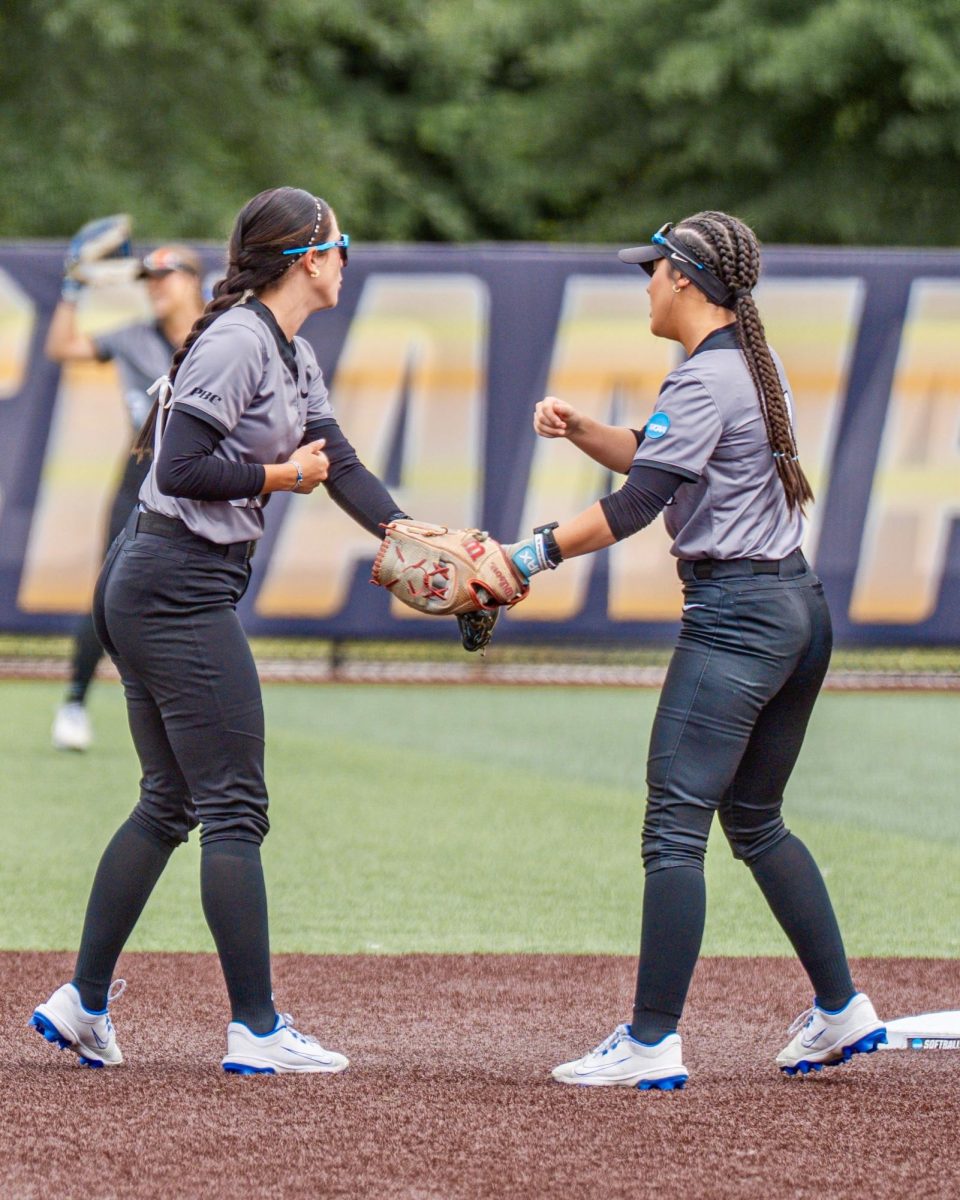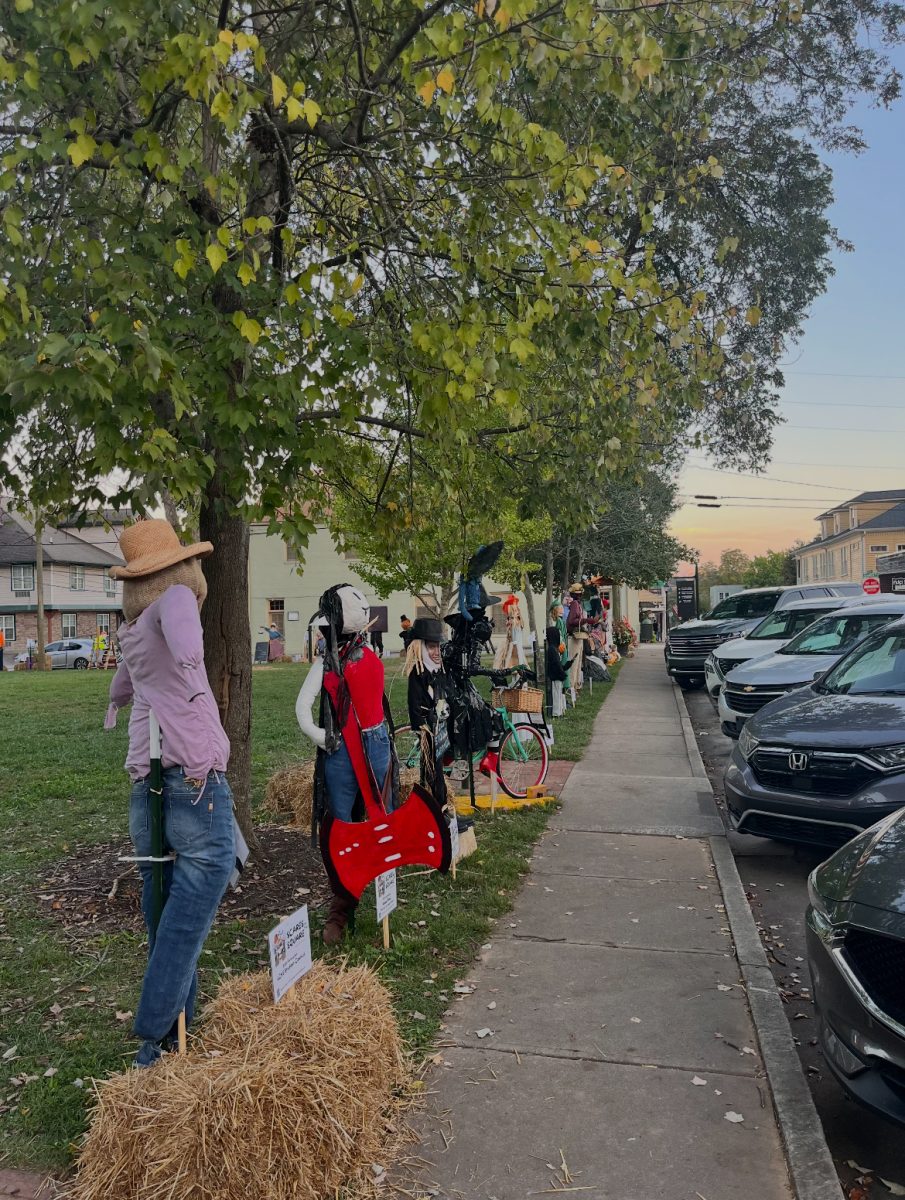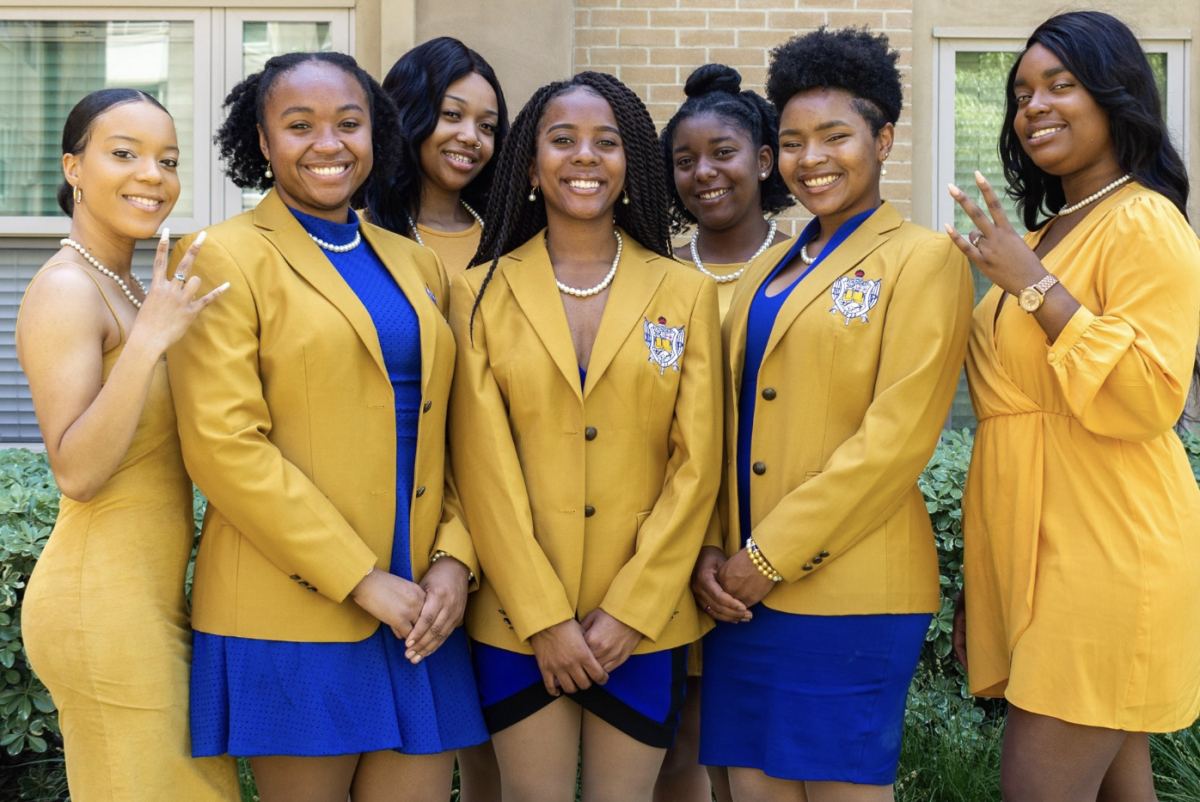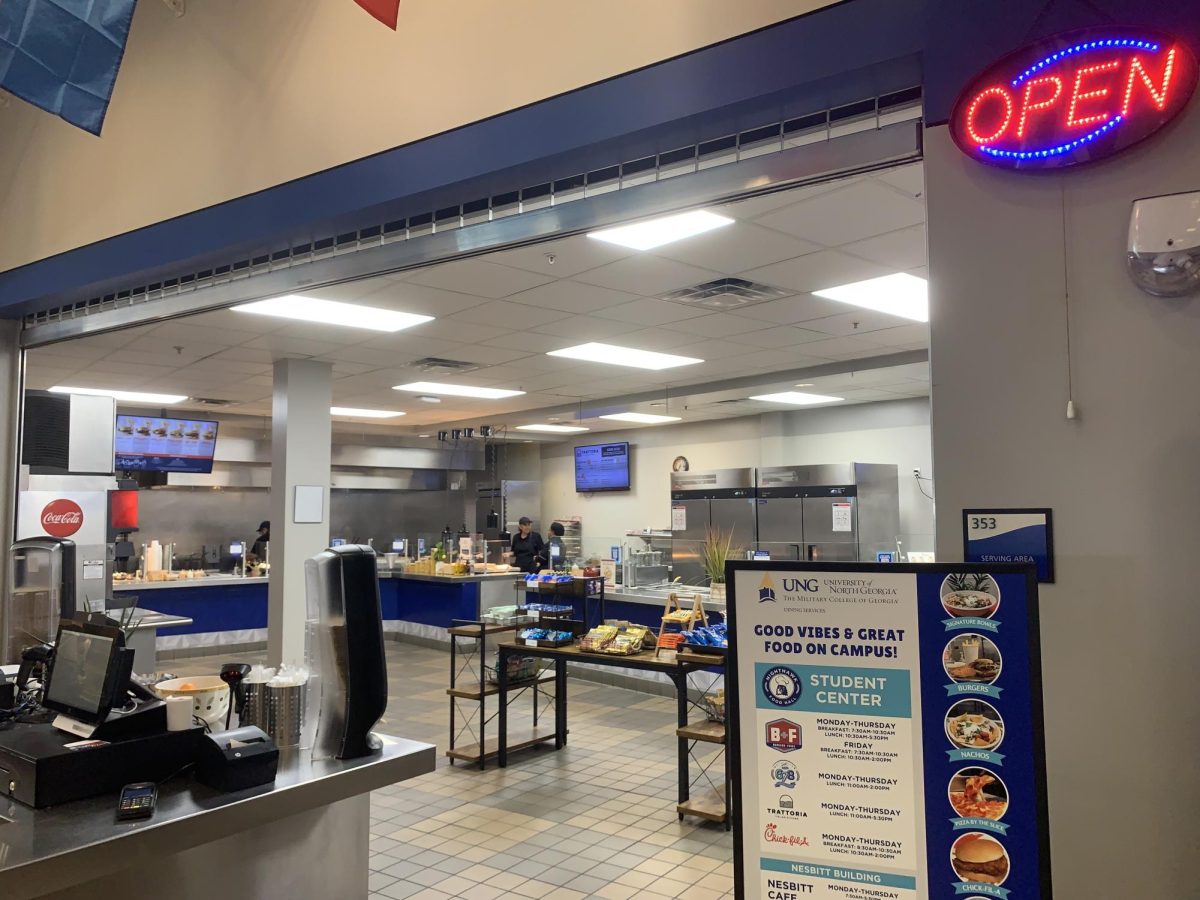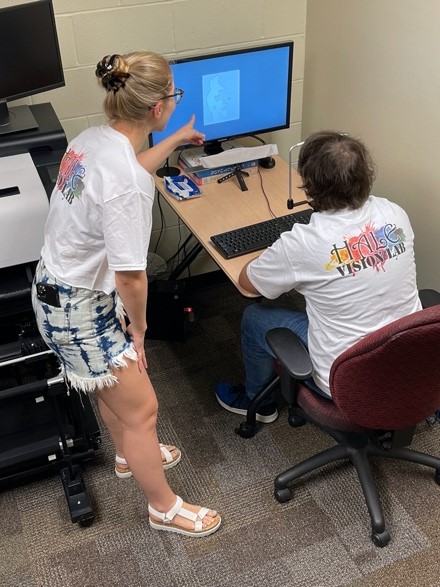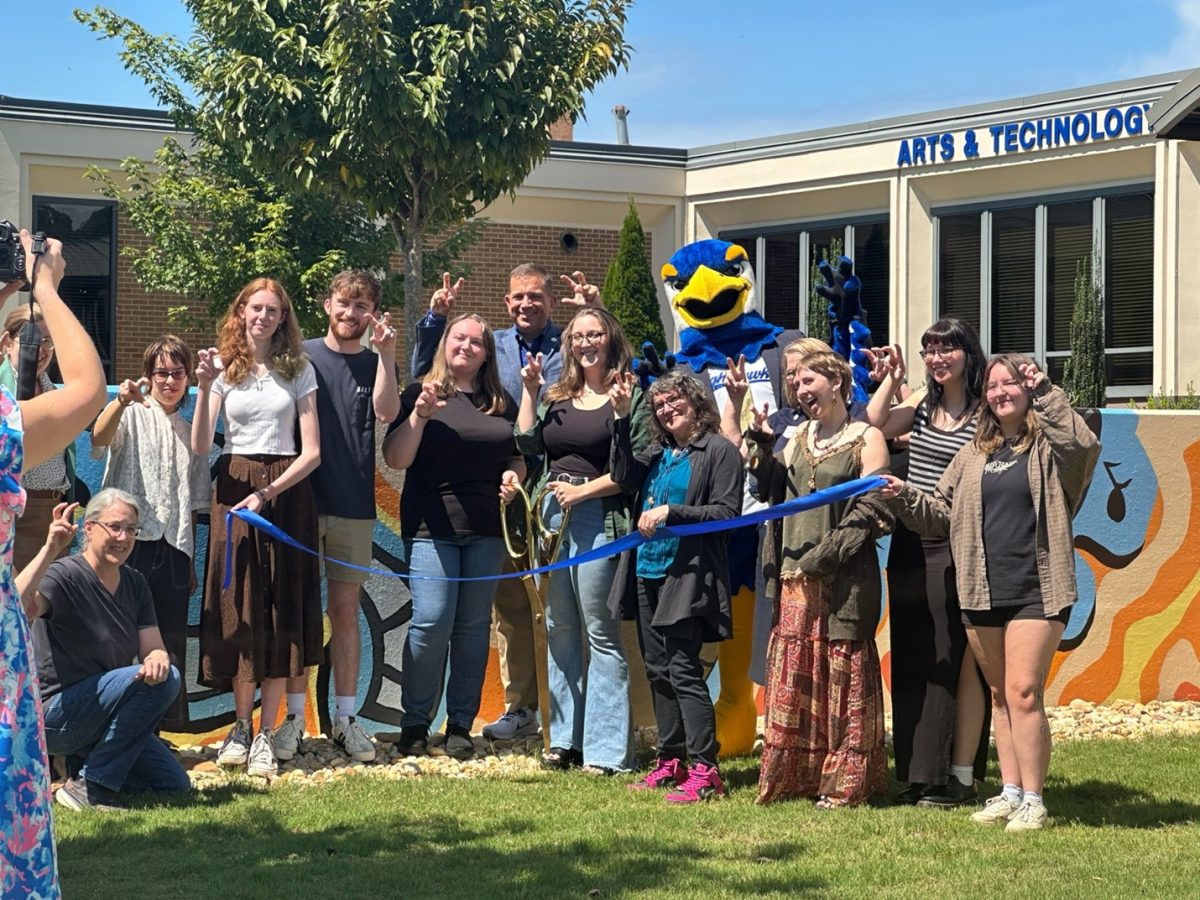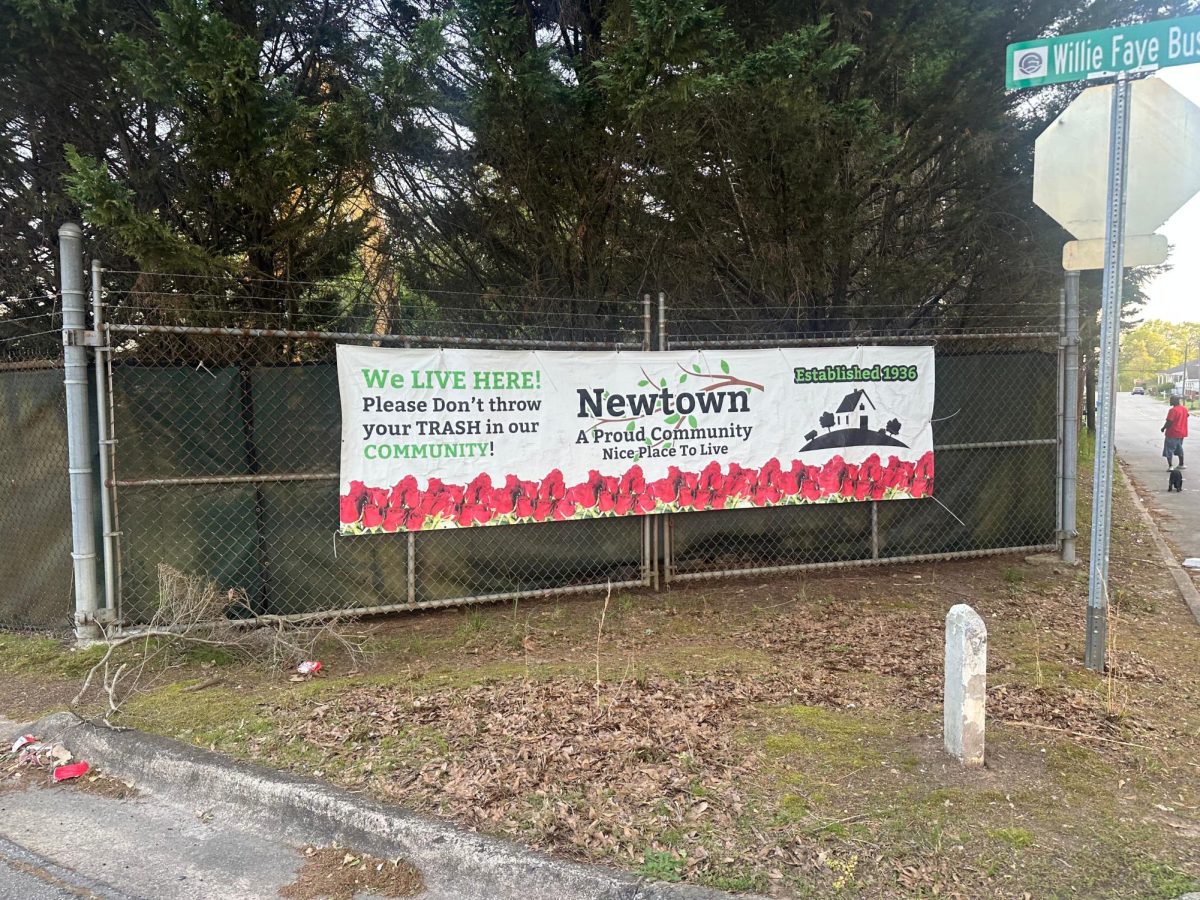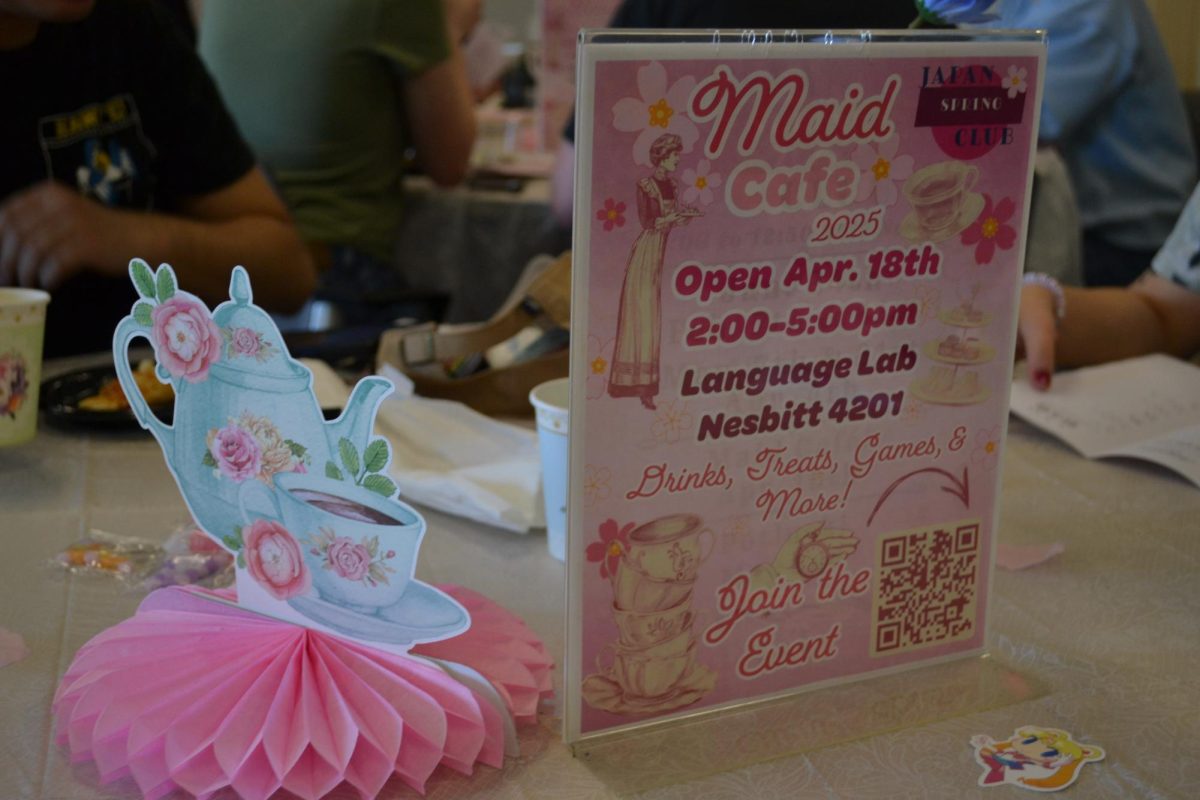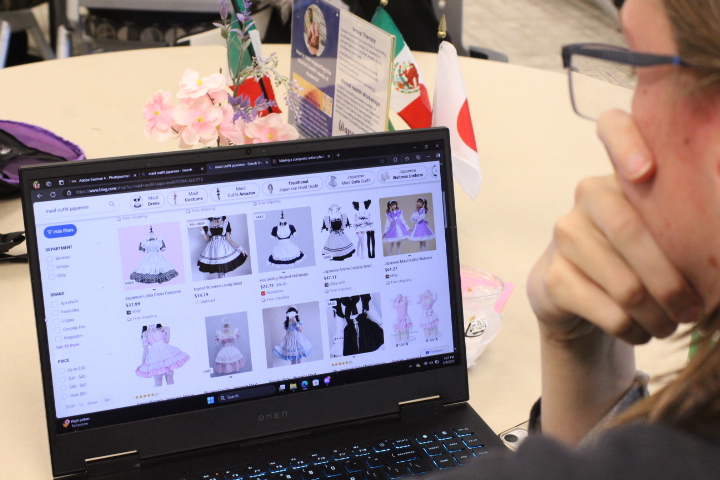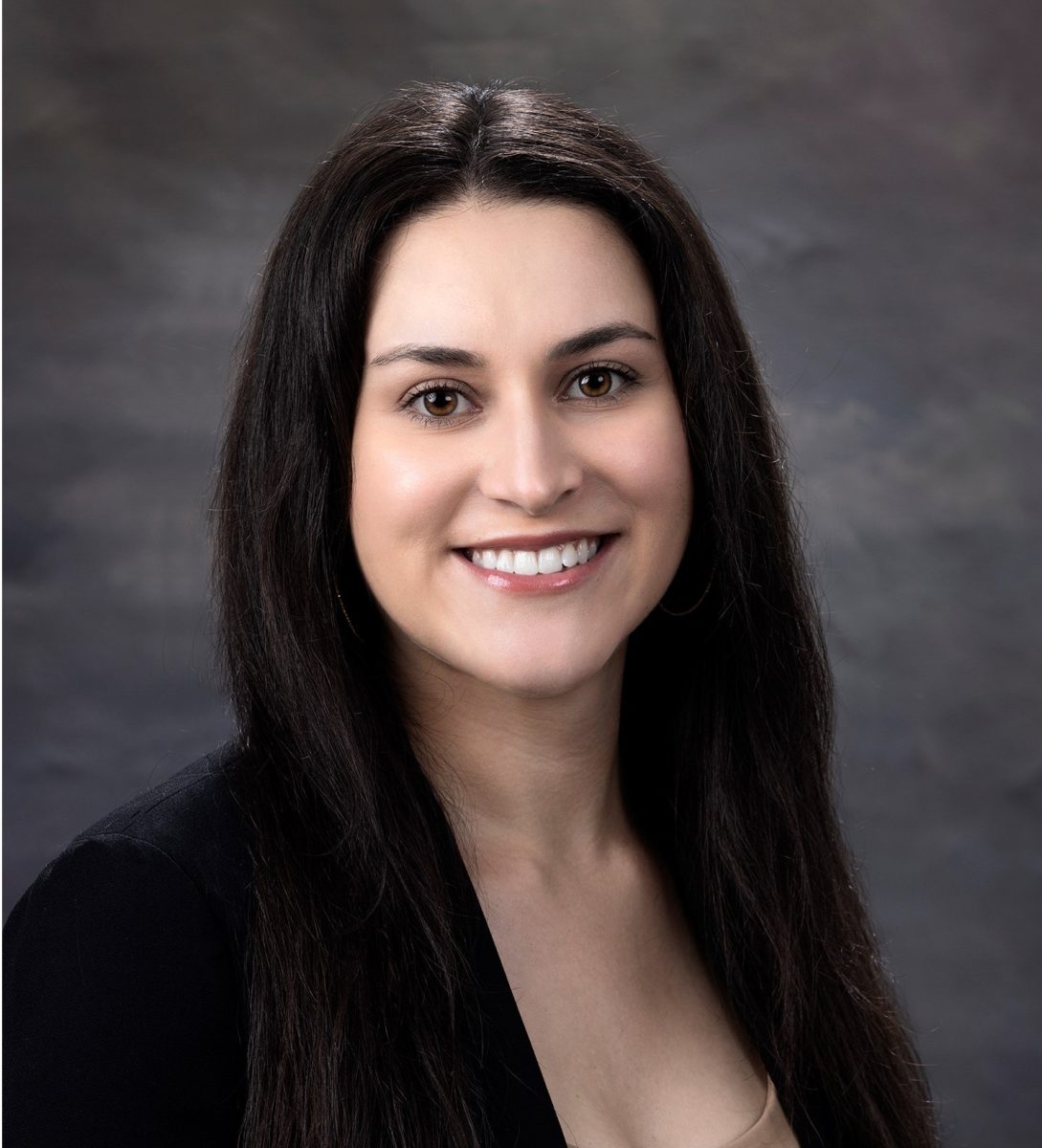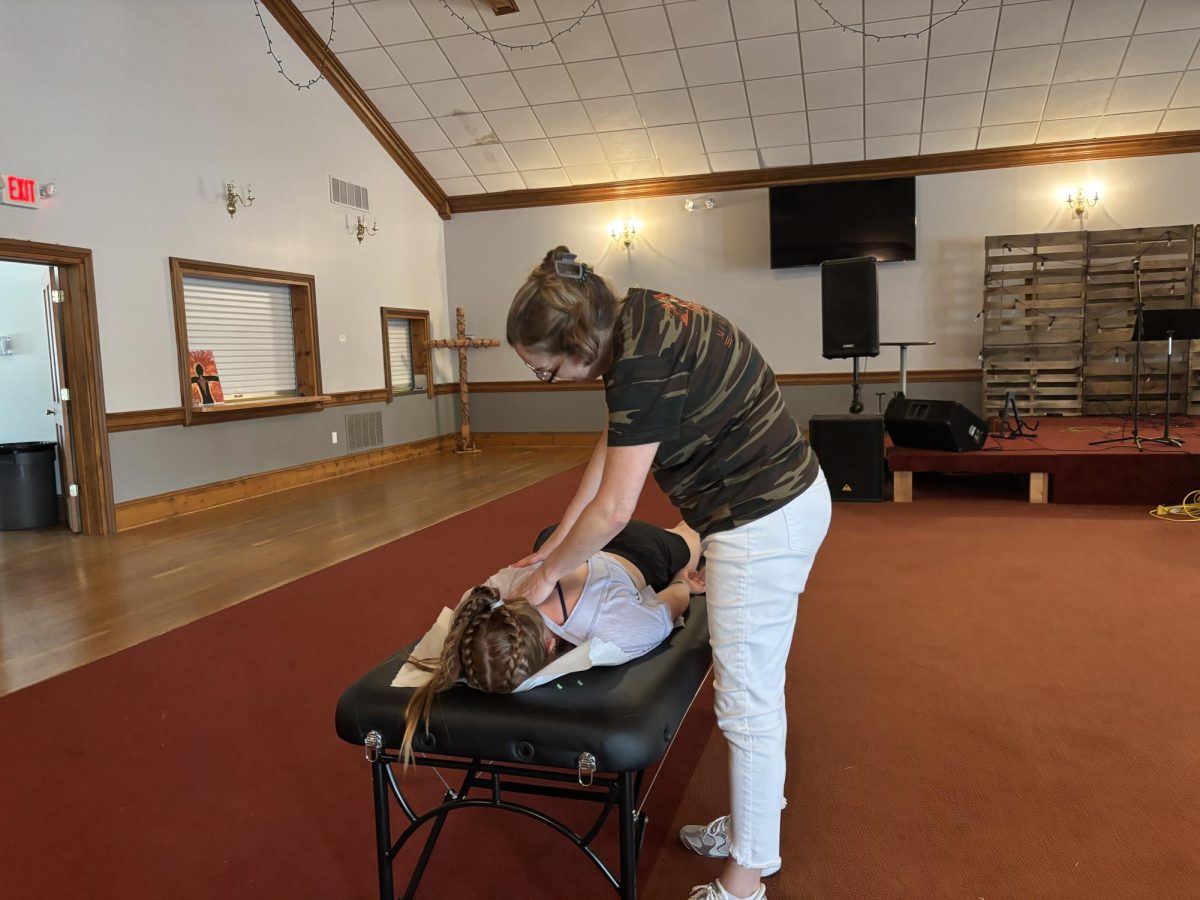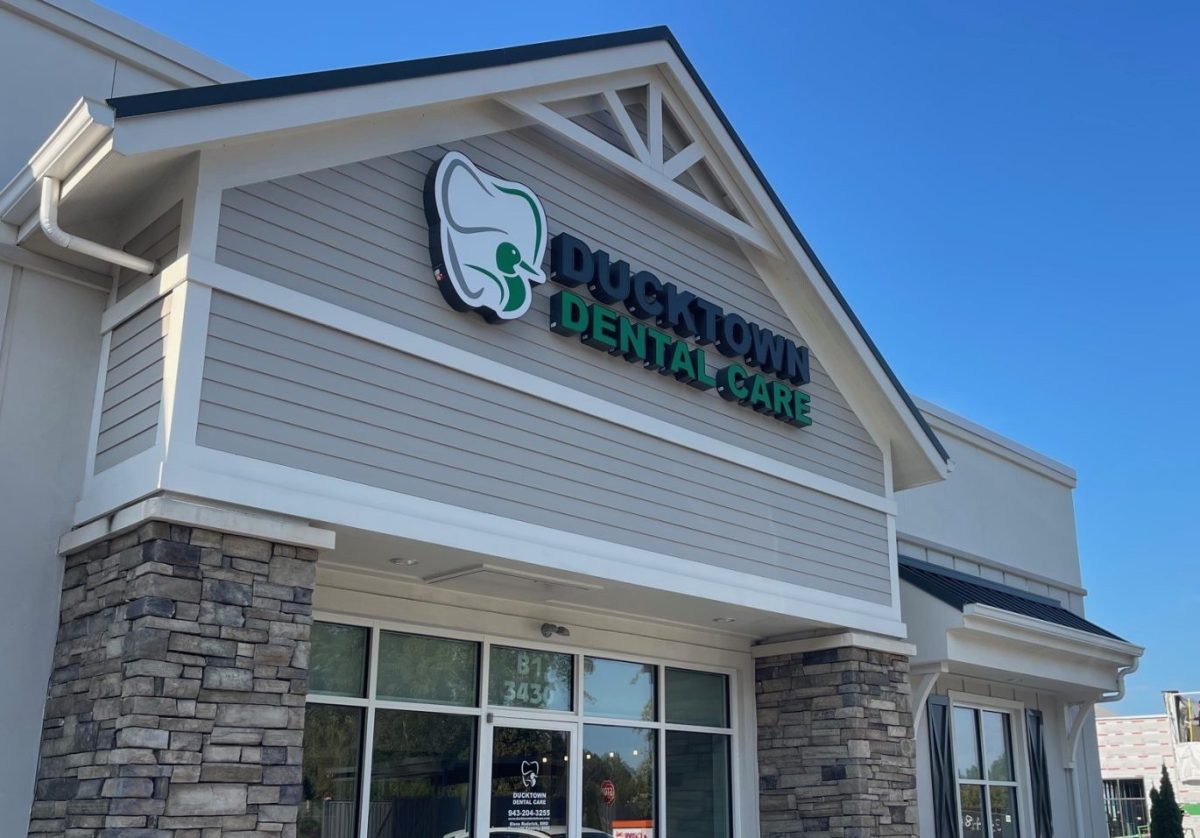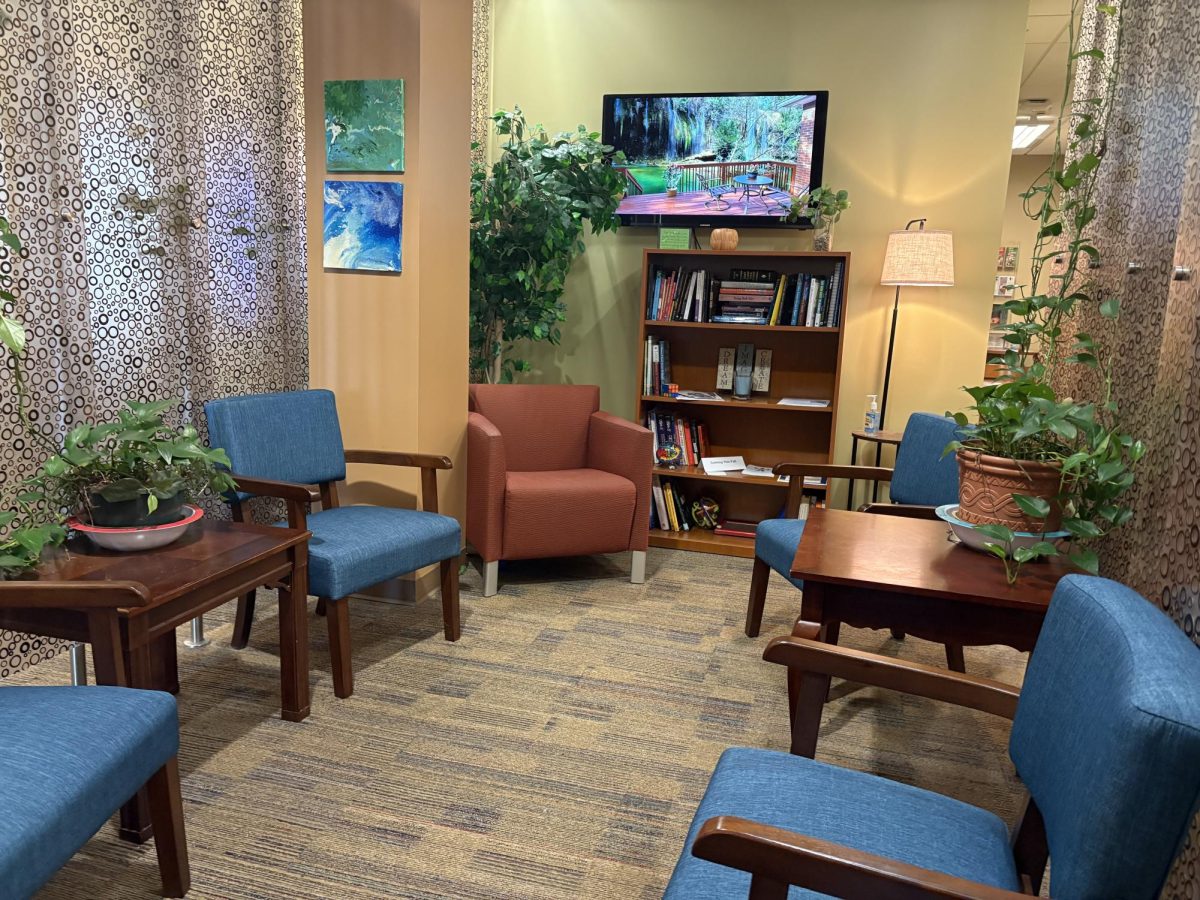Have you ever wondered why humans are so interested in optical illusions?
To solve our curiosity, University of North Georgia’s own Dr. Ralph Hale is conducting an experiment on how color spreading illusions tell us about our visual system.
Hale earned his Ph.D. in Psychology with a focus on visual perception and visual memory from the University of Georgia.
Hale, along with his undergraduate assistant Patsy Folds, try to uncover the reason as to why our brains make us see illusions the way we do.
Folds, a psychology major, is a Junior. She enjoys taking part in experiments especially because it will help her in her future career.
“I want to help different disabled communities in need. I also want to try to experiment with gender studies as well” said Folds.
Fifty people between the ages of 18-63 participated in this experiment. They were required to go through tests to try and see which optical illusion they spotted.
This research has been funded by the FUSE Grant. This grant is to support teams of faculty and students who are trying to do meaningful research, scholarly and creative activities. Those who participated before July 21 were given a $10 gift card.
These professors are allowed to hire two students to help them complete their research for 8 weeks.
Though Hale and his team of researchers are searching for questions that may never be answered; they are still excited to see if they can find new evidence supporting or disproving Hale’s hypothesis.
“I have never conducted a study in which my results turned out how I thought they would. I think that’s the best part about research. You design your study as carefully as you can, collect your data, and see what happens.” – Professor Ralph Hale
Hale is currently leading more experiments including impact of social gaze on visual search, interaction between visual memory and object complexity, and an investigation into a contested memory system called “fragile memory.”
Some of the work from these projects will be presents at international conferences including Vision Sciences in Society in St. Pete Beach, Florida this spring and Psychonomics in Boston this fall.
These student-drive projects are also being submitted for publication in peer-reviewed journals within the year.







